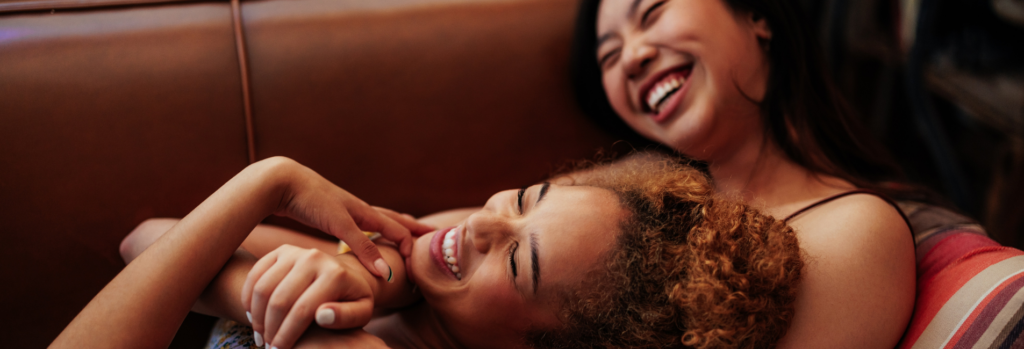
Anyone who has sex can get an STI, no matter how many times you’ve had sex or how many partners.
Find out more about how to enjoy healthy sexual relationships.
STIs are common and can be caused by:
- Viruses – herpes, hepatitis, HIV, and genital warts.
- Bacteria – Bacterial Vaginosis, Chlamydia, Donovanosis, Gonorrhoea, Shigella, and Syphilis.
- Parasites – Crabs, Scabies, Trichomonas Vaginali, or fungi such as Thrush.
If you are having sex it’s good to get tested for STIs regularly – at least once a year or more often if you have casual or multiple partners. You can test with us for the most common STIs or access a sexual health clinic for testing and treatment if you have symptoms.
What symptoms might I have?
Symptoms of an STI can vary depending on the type of infection, but some common signs include:
- Pain or discomfort during sex
- Burning sensation when urinating
- Unusual discharge from the penis, vagina, or anus
- Sores, bumps, or rashes in the genital area or mouth
- Itching, redness, or swelling in the genital area
- Flu-like symptoms, such as fever or fatigue
- Abnormal bleeding or discharge between periods or after sex
It’s important to note that some STIs may not have any symptoms at all, which is why regular testing is recommended. If you have symptoms contact a sexual health clinic.

How do I stop myself from getting an STI?
To prevent STIs during sex, condoms are a top choice, but remember that crabs and scabies spread through skin-to-skin contact. Consider using gloves or condoms over your fingers as an extra precaution. Changing condoms between partners is essential, as STIs can be carried in bodily fluids.
Clean sex toys regularly and use a fresh condom over the toy between partners as STIs can be carried in bodily fluids like vaginal discharge, anal mucus, or blood which can be on the outside of the condom. These steps will help you enjoy sex while staying confident and in control of your sexual health.
Where can I Test?
You can get tested for STIs at sexual health (GUM) clinics, if you’re LGBTQ+ and live in Greater Manchester or Liverpool you can also test with us:









